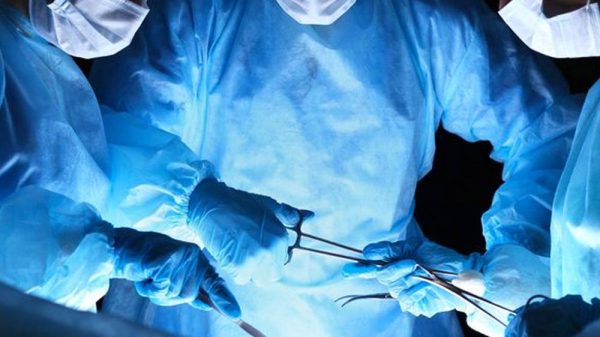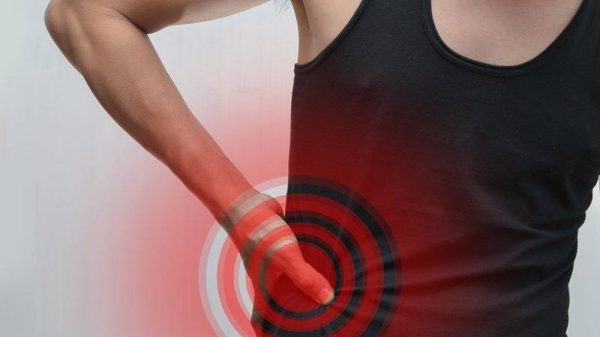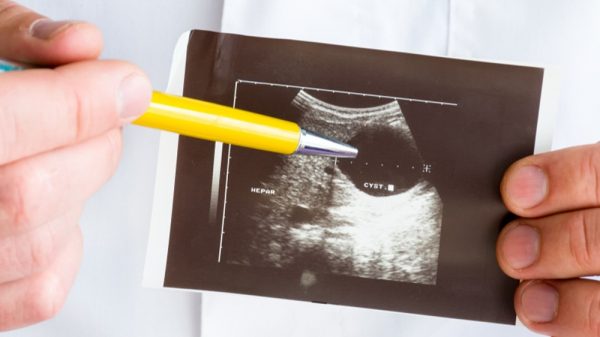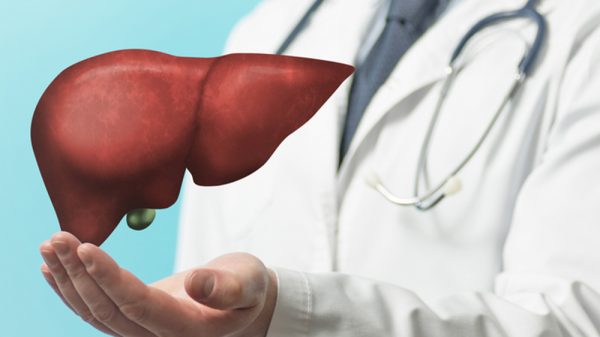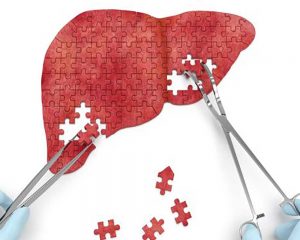Do you think you might have liver cirrhosis? If so then it’s important to have a test conducted to check the primary biliary cirrhosis antibody test. This late-stage liver disease can be tough to figure out. In fact, in up to half of all cirrhosis cases it’s unclear what the causes of liver scarring are. Meanwhile, certain tests can check which antibodies are present in a person’s body. This can help to determine whether or not you have an autoimmune disease that causes the body to attack healthy cells. Cirrhosis is more serious than fatty liver and earlier stages of liver disease.
Antibodies are important in the human body and are blood proteins. They combine chemically with substances like bacteria and viruses. It’s important to know how antibiotics work and how they’re checked among possible liver disease patients. It can help to determine whether or not a person has primary biliary cirrhosis. Autoimmune diseases are serious since they involve the body not only attack bad cells but also healthy ones as well. This can lead to various health complications you’ll want to avoid. It’s good to have a basic know-how about how they’re related to cirrhosis so it’s easier to figure out the meaning of your tests for liver disease.
What Exactly Is Primary Biliary Cirrhosis?
PBC is a liver disease that’s caused by bile buildup in the liver. This is caused by bile ducts that drain away from the liver getting damage.
As time passes the pressure buildup destroys bile ducts, which results in damage to liver cells. The disease gets worse over time and eventually when enough liver cells have destroyed this results in liver failure.
The liver makes bile, which is moved to the gallbladder/intestine via the bile ducts. Then it helps to digest fat and vitamins like A/D/E/K. in the case bile isn’t drained away from the patient’s liver this results in inflammation and causes cells to die.
Within time scar tissue replaces damaged liver areas. When that happens the body can’t do needed functions.
A maximum of 25% of PBC patients doesn’t have any symptoms when they’re diagnosed. In fact, the disease is found when blood tests for the liver are done. The first common symptoms are being itchy skin and very tired.
In addition, the skin could become dark/discolored in some regions. That’s because the patient is constantly scratching their skin. Other common symptoms are dry eyes/mouth.
Sometimes there are also other symptoms. They include abdominal pain, liver inflammation, etc. If liver damage becomes worse the patient might experience cirrhosis symptoms. They include muscle breakdown, abdomen swelling jaundice (yellow eyes/skin), and swelling.
Scientists aren’t entirely sure what causes PBC. It’s probably an immune system disease. This results in the system starting to attack the body’s cells. In this liver disease, the bile ducts get attacked/destroyed.
There are various reasons why a person might get PBC. They include genetic factors. This explains why it’s common for a person who gets PBC to have family members who have the disease. It’s also 9x more common among women than men. The most common patients are middle age ranging from 40 to 60 years old.
Primary Biliary Cirrhosis: Antibody Roles
Antibodies are related to tests to check if a patient has PBC. Doctors first check if patients have certain conditions like jaundice, which involves yellowish eyes/skin. Others include itchy skin, fatigue, and cholesterol deposits.
When the patient gets cirrhosis there are more symptoms and complications. They include ones like fluid buildup in the abdomen, coordination problems, and irritability. It’s even possible for the patient to experience seizures/comas over time due to liver failure.
PBC can get diagnosed via blood tests. They check for signs the person has a lower liver function. The tests also look for particular antibodies. An ultrasound is also done to determine whether or not bile ducts are blocked.
Antibodies work like scouts for the immune system. These are substances on cells located on the outside of cells, bacteria, fungi, and viruses. Since they can cause disease the immune system picks up and tries to destroy any substances that have antigens in them.
Antibodies stick to stuff and help the immune system figure out what kind of antigen at particular one is. The immune system then tries to destroy it. Every antibody is used for just one antigen. It has receptors that only connects to a certain kind of antigen.
For example, an antigen might be designed to attack a particular kind of virus-like chickenpox. So it will only attack that virus and won’t attack other ones.
When antigens try to get into the body the immune system takes action. Different parts of the body’s immune system are alerted. They can then take action to fight the allergen.
The process might start with B cells attacking the virus. These cells help to make antibodies so they can attack a particular antigen. The T-cells do this.
A doctor might also order a biopsy. This can check the disease’s stage. This is critical since there are various stages of liver disease and cirrhosis is late-stage liver disease.
Home Remedies for Liver Cirrhosis
1. Antibiotics
These could be required if you have an infection. There are other prescription treatments your doctor might recommend. That’s for different conditions like hepatitis, pneumonia, and flu
2. Low-sodium diet
This is important to help avoid fluid buildup. That, in turn, can help with issues like swelling and extra fluid in the abdomen. If you experience more serious fluid buildup you might need certain procedures to drain away fluid. In severe cases, surgery could be required in order to reduce pressure.
3. Quit/Minimize alcohol
If you have alcohol-related cirrhosis then it’s critical to stop drinking cold turkey. Any drinking has the risk of worsening your condition and triggering cirrhosis symptoms. This is definitely a situation you’ll want to avoid.
There’s more leeway if you have non-alcohol liver disease. However, even in this case, it’s a good idea to minimize your alcohol intake. It could be a maximum of one glass of wine daily, for example.
4. Get tested
This is important to help determine whether or not you might have cirrhosis or other stages of liver disease. There are various kinds of tests like imaging/lab tests and biopsies. These are all effective methods to help determine whether or not you have liver disease.
It’s important to note that liver disease often isn’t diagnosed in its early stages due to no symptoms. This highlights the importance of getting tested from time to time to find out if you have symptoms that could show you have cirrhosis.
If you have liver disease including basic fatty liver it’s critical to get diagnosed as early as possible. This makes it possible for you to get treatments you need to help prevent the disease from worsening.
In many cases, you can use holistic (whole-body) treatments. They involve no surgery or prescription medicines to treat primary biliary cirrhosis antibody.
